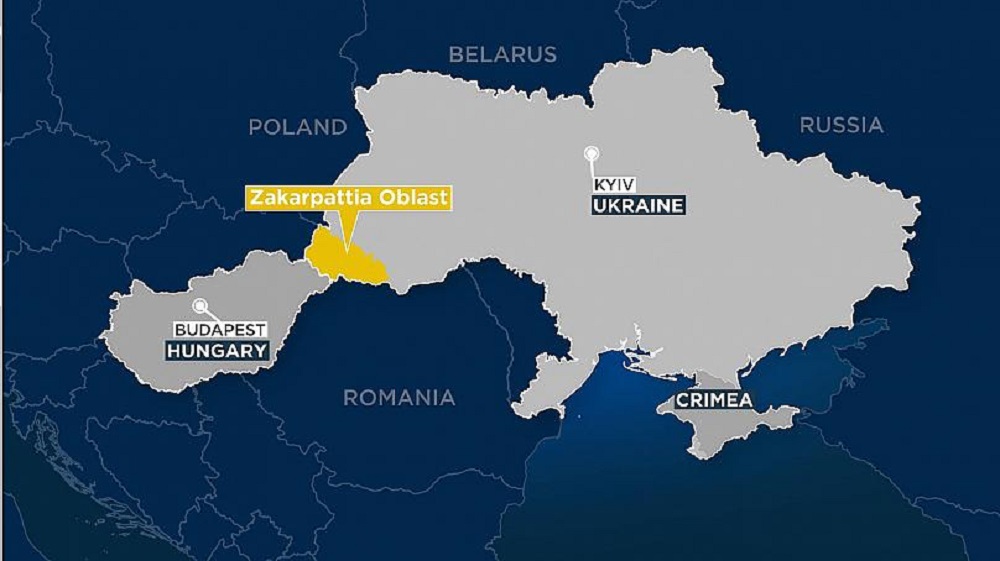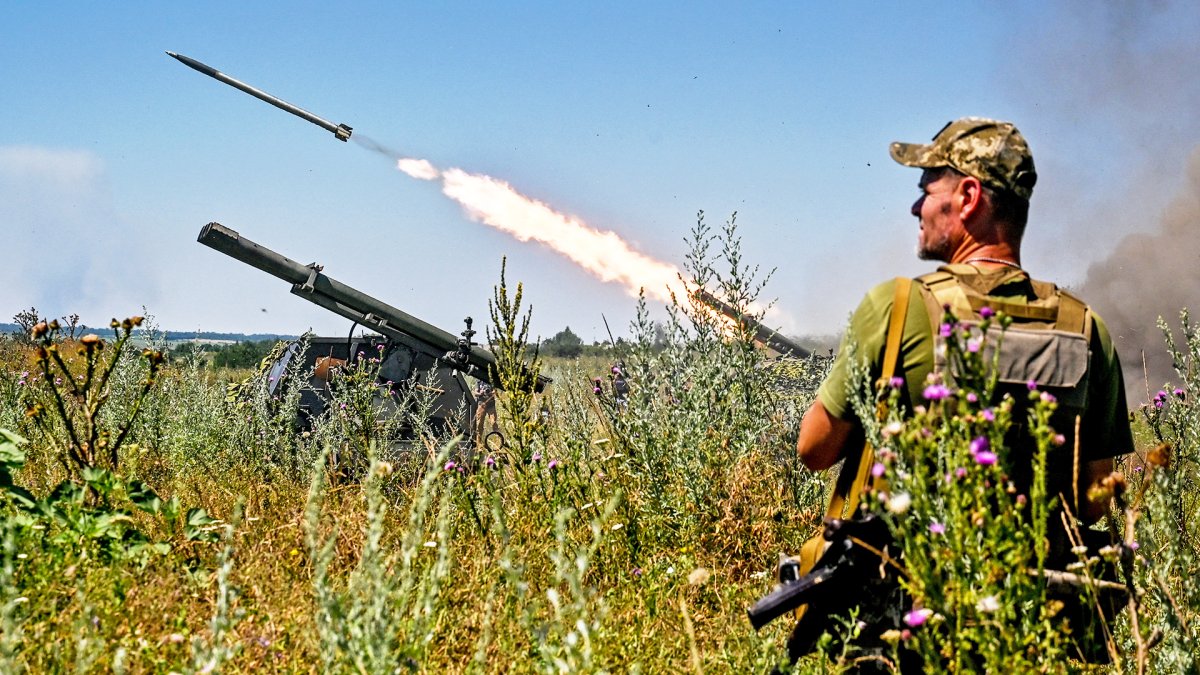These were Gady's takeaways:
1.) By and large this is an infantryman’s fight (squad, platoon and company level) supported by artillery along most of the frontline. This has several implications.
1st: Progress is measured by yards/meters and not km/miles given reduced mobility.
2nd: Mechanized formations are rarely deployed due to lack of enablers for maneuver. This includes insufficient quantities of de-mining equipment, air defenses, ATGMs etc.
2.) Ukrainian forces have still not mastered combined arms operations at scale. Operations are more sequential than synchronized. This creates various problems for the offense and IMO [in my opinion] is the main cause for slow progress.
3.) Ukrainian forces by default have switched to a strategy of attrition relying on sequential fires rather than maneuver. This is the reason why
cluster munitions are critical to extend current fire rates into the fall: weakening Russian defenses to a degree that enables maneuver.
4.) Minefields are a problem as most observers know. They confine maneuver space and slow advances. But much more impactful than the minefields per se on Ukraine’s ability to break through Russian defenses is Ukraine's inability to conduct complex combined arms operations at scale. Lack of a comprehensive combined arms approach at scale makes Ukrainian forces more vulnerable to Russian ATGMs, artillery etc. while advancing. So it's not just about equipment. There’s simply no systematic pulling apart of the Russian defensive system that I could observe.
5.) The character of this offensive will only likely change if there is a more systematic approach to breaking through Russian defenses, perhaps paired with or causing a severe degradation of Russian morale, that will lead to a sudden or gradual collapse of Russian defenses. Absent a sudden collapse of Russian defenses, I suspect this will remain a bloody attritional fight with reserve units being fed in incrementally in the coming weeks and months.
6.) There is limited evidence of a systematic deep battle that methodically degrades Russian C2 [command and control]/munitions. Despite rationing on the Russian side, ammunition is available and Russians appear to have fairly good battlefield ISR [information, surveillance, reconnaissance] coverage.
Russians also had no need to deploy operational reserves yet to fend off Ukrainian attacks. There is also evidence of reduced impact of
HIMARS strikes due to effective Russian countermeasures. (This is important to keep in mind regarding any potential tactical impact of delivery of ATACMs [U.S.-produced
Army Tactical Missile System]).
The Ukrainian military reported on July 17 that the Russian forces had deployed more than 100,000 personnel in the Lyman-Kupyansk area. A
Russian forces, even if severely degraded and lacking ammo, are likely capable of delaying, containing or repulsing individual platoon or company-sized Ukrainian advances unless these attacks are better coordinated and synchronized along the broader frontline.
7.) Quality of Russian forces varies. Attrition is hitting them hard but they are defending their positions well, according to Ukrainians we spoke to. They have been quite adaptable at the tactical level and are broadly defending according to Soviet/Russian doctrine.
8.) Russian artillery rationing is real and happening. Ukraine has
established fire superiority in tube artillery while Russia retains superiority in MRLSs in the South. Localized fire superiority in some calibers alone does not suffice, however, to break through Russian defenses.
9.) An additional influx of weapons systems (e.g., ATACMs, air defense systems, MBTs, IFVs etc.) while important to sustain the war effort, will likely not have a decisive tactical impact without adaptation and more effective integration.
Ukraine will have to better synchronize and adapt current tactics, without which western equipment will not prove tactically decisive in the long run. This is happening but it is slow work in progress. (Most NATO-style militaries would struggle with this even more than the Ukrainians IMO).
10.) The above is also true for breaching operations. Additional mine clearing equipment is needed and will be helpful (especially man-portable mine-clearing systems) but not decisive without better integration of fire and maneuver at scale.
Again, I cannot emphasize enough how difficult this is to pull off in wartime.
Monocausal explanations for failure (like lack of de-mining equipment) do not reflect reality. E.g., some Ukrainian assaults were stopped by Russian ATGMs even before reaching the 1st Russian minefield.
11.) There is a dearth of artillery barrels that is difficult to address given production rates and delivery timelines.
12.) So far Ukraine’s approach in this counteroffensive has been first and foremost direct assaults on Russian positions supported by a rudimentary deep battle approach. And no, these direct assaults are not mere probing attacks.
13.) There is evidence of tactical cyber operations supporting closing of kinetic kill-chains. That is cyber ISR contributing to identifying and tracking targets on the battlefield. Starlink remains absolutely key for Ukrainian command and control.
14.) Quality of Ukrainian officers and NCOs we met appears excellent and morale remains high. However, there are some force quality issues emerging with less able bodied and older men called up for service now.
15.) The narrative that Ukrainian progress thus far is slow just because of a lack of weapons deliveries and support is monocausal and is not shared by those we spoke to actually fighting and exercising command on the frontline.
16.) It goes without saying that in a war of attrition, more artillery ammunition and hardware is always needed and needs to be steadily supplied. Western support of Ukraine certainly should continue as there is still the prospect that the counteroffensive will make gains. But soldiers fighting on the frontline we spoke to are all too aware that lack of progress is often more due to force employment, poor tactics, lack of coordination between units, bureaucratic red tape/infighting, Soviet style thinking etc. ... and Russians putting up stiff resistance.
You haven't got this one yet?
A military analyst just returned from touring the Ukraine front and has offered his blunt take on how the counteroffensive is really going.

www.thedrive.com
The actual report will be very interesting to read, a second "Preliminary Conclusions".







/cloudfront-us-east-2.images.arcpublishing.com/reuters/KPIVZYRJFFMZLLHS3OQ74K7RGA.jpg)
